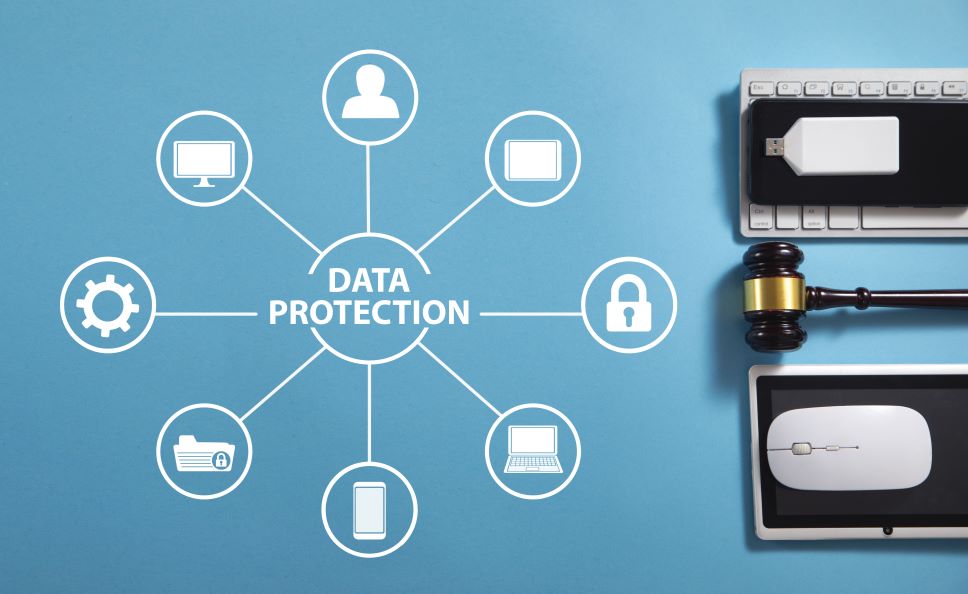Ace4 February 1st, 2025
Legal AI Intelligence: Transform Your Legal Practice Today
Data Security and Privacy: Safeguarding the Legal Industry in the Digital Age.

In the digital era, the legal industry handles an enormous volume of sensitive and confidential information. From client records and contracts to case files and intellectual property, the data entrusted to law firms is a prime target for cybercriminals. Ensuring data security and privacy is not just a regulatory requirement but a fundamental responsibility for legal professionals.
The Importance of Data Security in the Legal Sector
Law firms are custodians of highly sensitive data, including personal identifiable information (PII), financial records, trade secrets, and privileged communications. A single breach could result in severe financial, reputational, and legal consequences. Moreover, regulatory frameworks like GDPR, HIPAA, and others impose strict obligations on how firms manage and protect data.
Key Challenges in Data Security
Rising Cyber Threats:
Law firms are increasingly targeted by phishing, ransomware, and insider threats due to the high-value data they possess.Data Proliferation:
The growing use of digital platforms and cloud services has increased the points of vulnerability, making data security more complex.Compliance Requirements:
Meeting the ever-evolving legal and regulatory standards for data privacy can be resource-intensive and challenging.Remote Work Risks:
The shift to remote work has introduced new vulnerabilities, such as insecure networks and unauthorized device access.
Best Practices for Ensuring Data Security and Privacy
-
Adopt Advanced Encryption: Encrypting data both in transit and at rest ensures that even if unauthorized access occurs, the information remains unreadable.
-
Regular Security Audits: Frequent audits help identify vulnerabilities, ensure compliance, and enhance overall security infrastructure.
-
Data Minimization: Retaining only necessary data and securely disposing of outdated records reduces the attack surface.
Building Trust Through Privacy
In the legal industry, trust is non-negotiable. Demonstrating a commitment to data security and privacy strengthens client relationships, enhances reputation, and ensures long-term success. By proactively addressing security challenges, legal firms can confidently navigate the digital age while safeguarding their clients’ interests.
Data security and privacy are not just operational concerns; they are strategic imperatives for the legal industry. By embracing cutting-edge technologies and best practices, firms can protect their most valuable asset—trust.




